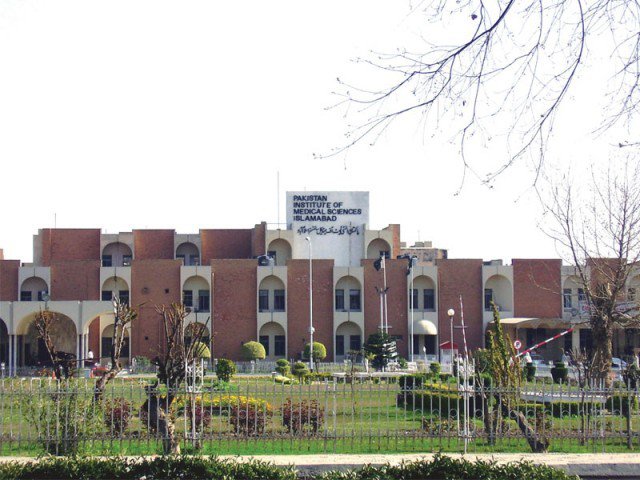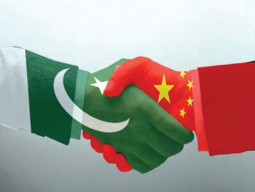
Legislation to separate the Pakistan Institute of Medical Sciences (Pims) from the Shaheed Zulfiqar Ali Bhutto Medical University (SZABMU) moved one step closer to separation after a Senate panel approved a bill.
While 2017 did not see the division of two health institutions which hospital employees have been demanding since 2014 along with job security, civil servant rights and better administration in the hospital, it was a year which saw greater fruit being borne by another spell of protests and agitation.
In October the employees resorted to a strike which lasted for almost three weeks casing problems for patients who were coming from far off areas but were turned away without being provided with any medical care.
The agitation forced the government to expedite legislation which seeks to separate the two institutions. The lower house of the parliament passed the bill followed by the Senate Standing Committee on Cabinet Secretariat.
Contractual recruitments
There is a tradition of recruiting employees both in health and education sector who then continue to work on contracts for years and are forced to wait for their salaries after the contracts expire.
The employees of two government hospitals have been demanding regularization of their services for two years. Nine health practitioners of the cardiac centre at Pims, who have been at the centre since 2005, could not be regularised despite orders from the court and parliamentary committees.
Moreover, around 24 employees, mostly medical staff, at the Federal Government Services Hospital (Polyclinic) have also been protesting and observing a strike for the nearly a month demanding regularisation of their services but their cries continue to fall on deaf ears.
Health insurance expanded
There was some good news in the past year. The federal government in March decided to expand its health insurance programme to Sindh and Khyber-Pakhtunkhwa.
The federal government had launched the initiative on December 31, 2015, with the aim of providing free medical treatment to 3.2 million underprivileged families (earning less than Rs200 a day) in the first phase, but the two provinces were not included in the programme.
Hence the federal government launched the programme in the remaining two provinces on its own.
Polyclinic extension
With the population of the federal capital more than doubling over the past two decades, health facilities have become insufficient to cater to the increased demand. Despite that, the city has not seen new health facilities being built to share the burden on the two main tertiary care hospitals in the city.
The much-awaited extension of Polyclinic has been lingering for the past decade. Expectations were high that the project would finally get the green light in 2017.
Despite the fact that the cabinet and the Capital Development Authority had approved construction, work could not begin.
Officials claim work has been stalled owing to a stay order issued by a court after some environmentalists filed a petition that the extension would impact land of the Argentina park — gifted by the Argentinian embassy.
Polio continues to haunt capital
While the number of polio cases fell from 20 in 2016 to just eight, the twin cities of Rawalpindi and Islamabad along with Karachi and Quetta remained listed as high-risk areas owing to detection of the virus in environmental samples.
International polio watchdog in its two quarterly reports apart from praising the government efforts consistently called on the government to plug loopholes and maximize performance till the virus is eliminated.
Stent Scam unfolded
A stent scam had shocked the nation when the Federal Investigation Agency in January 2017 exposed how fake stents were being sold to heart patients at exorbitant prices.
The scam also exposed some healthcare staff in Lahore. It was also revealed that at times, patients were told that a stent has been fixed in their arteries when it was not and in cases, doctors used expired stents.
The drug regulator came into action and the hospitals were raided to check irregularities. The regulator devised rules which healthcare professionals had to practice. Further, the Drug Regulatory Authority of Pakistan (DRAP) ordered stent manufacturers to print price tags on their products while health facilities were told to display price lists.
Published in The Express Tribune, January 5th, 2018.
1732503274-0/Untitled-design-(43)1732503274-0-405x300.webp)
1732501636-0/Untitled-design-(42)1732501636-0-165x106.webp)

1732498967-0/Outer-Banks--(1)1732498967-0-165x106.webp)
1732086766-0/BeFunky-collage-(74)1732086766-0-165x106.webp)












COMMENTS
Comments are moderated and generally will be posted if they are on-topic and not abusive.
For more information, please see our Comments FAQ